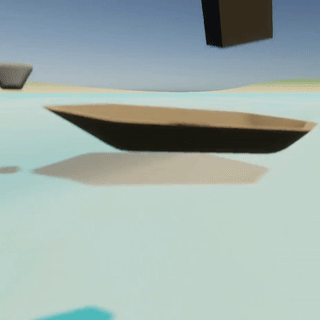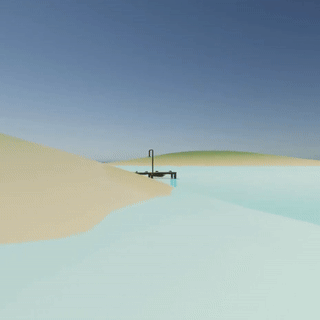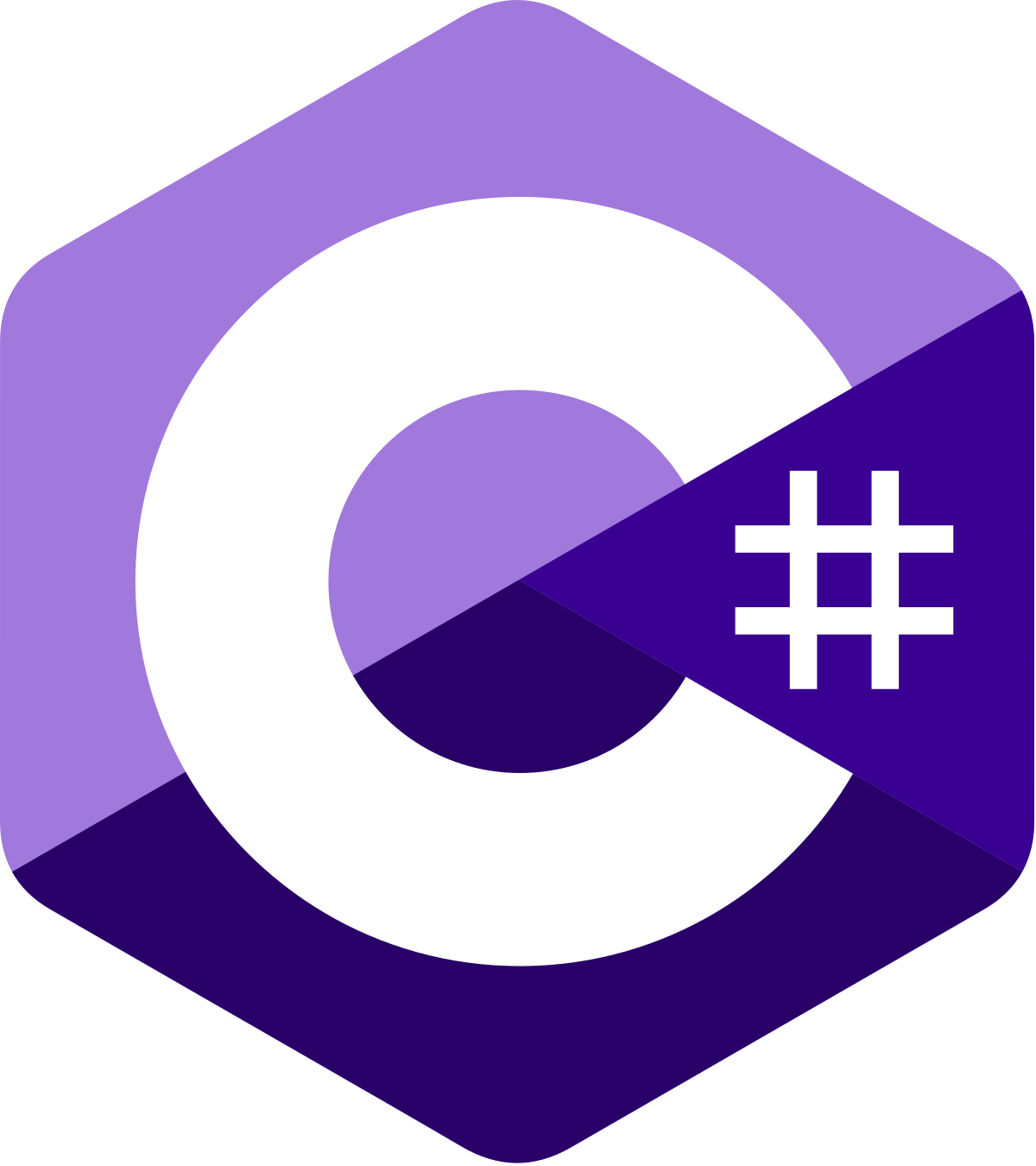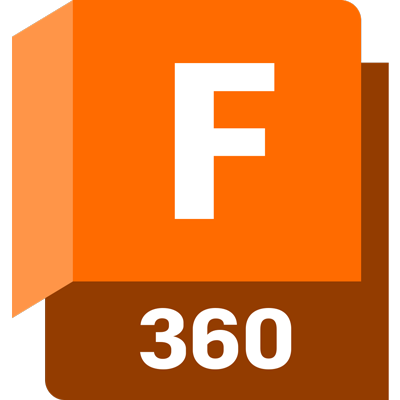Ocean Game
Simulation
Ocean Game is a small project I developed in the Unity engine using C# as a way of experimenting with Perlin Noise in a 3D environment as well as to learn about meshes and creating meshes through code. It generates infinitely as you travel through the world using the free flying camera.




